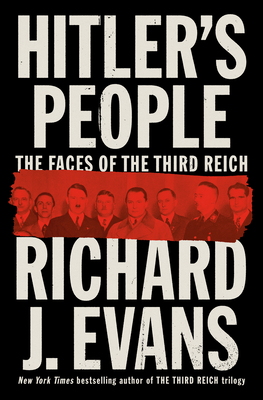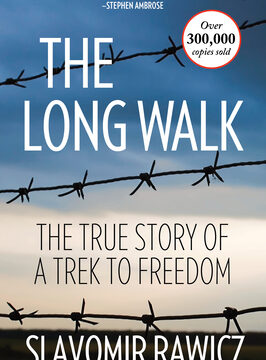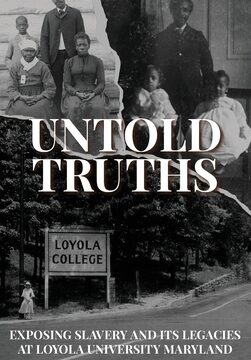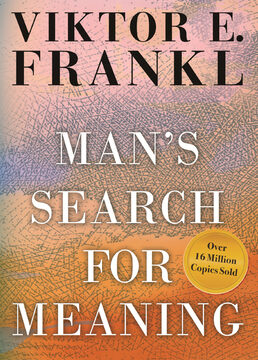Description
“Kaleidoscopic . . . A fascinating exploration of individual agency that never loses sight of the larger context . . . Just the kind of probing, nuanced and unsparing study to help us think things through.” —The New York Times
Through a connected set of biographical portraits of key Nazi figures that follows power as it radiated out from Hitler to the inner and outer circles of the regime’s leadership, one of our greatest historians answers the enduring question, how does a society come to carry out a program of unspeakable evil? Richard Evans, author of the acclaimed The Third Reich Trilogy and over two dozen other volumes on modern Europe, is our preeminent scholar of Nazi Germany. Having spent half a century searching for the truths behind one of the most horrifying episodes in human history, in Hitler’s People, he brings us back to the original site of the Nazi movement: namely, the lives of its most important members. Working in concentric circles out from Hitler and his closest allies, Evans forms a typological framework of Germany society under Nazi rule from the top down. With a novelist’s eye for detail, Evans explains the Third Reich through the personal failings and professional ambitions of its members, from its most notorious deputies–like Goebbels, the regime’s propagandist, and Himmler, the Holocaust’s chief architect–to the crucial enforcers and instruments of the Nazi agenda that history has largely forgotten–like the schoolteacher Julius Streicher and the actress Leni Riefenstahl. Drawing on a wealth of recently unearthed historical sources, Hitler’s People lays bare the inner and outer lives of the characters whose choices led to the deaths of millions. Nearly a century after Hitler’s rise, the leading nations of the West are once again being torn apart by a will to power. By telling the stories of these infamous lives as human lives, Evans asks us to grapple with the complicated nature of complicity, showing us that the distinctions between individual and collective responsibility–and even between pathological evil and rational choice–are never easily drawn.




Reviews
There are no reviews yet.